Mechanical Engineering VSP Packages
We offer packages on exciting mechanical engineering topics as part of UBC’s Vancouver Summer Program (VSP). VSP is a four-week program for international students from cooperating post-secondary institutions, which provides the opportunity to take two focused academic courses while learning about Canadian practices and culture.
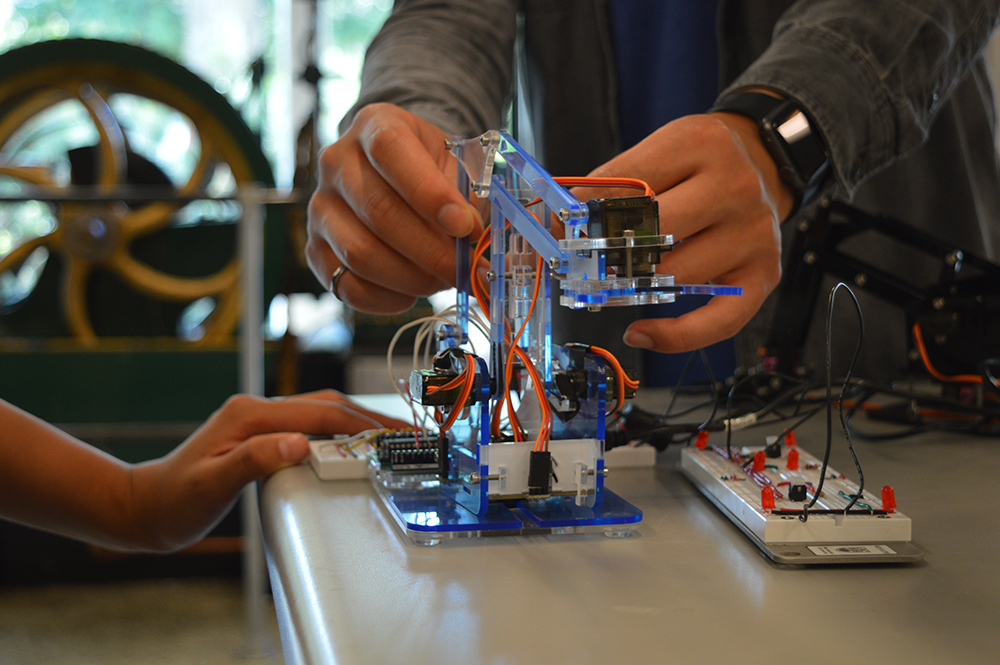
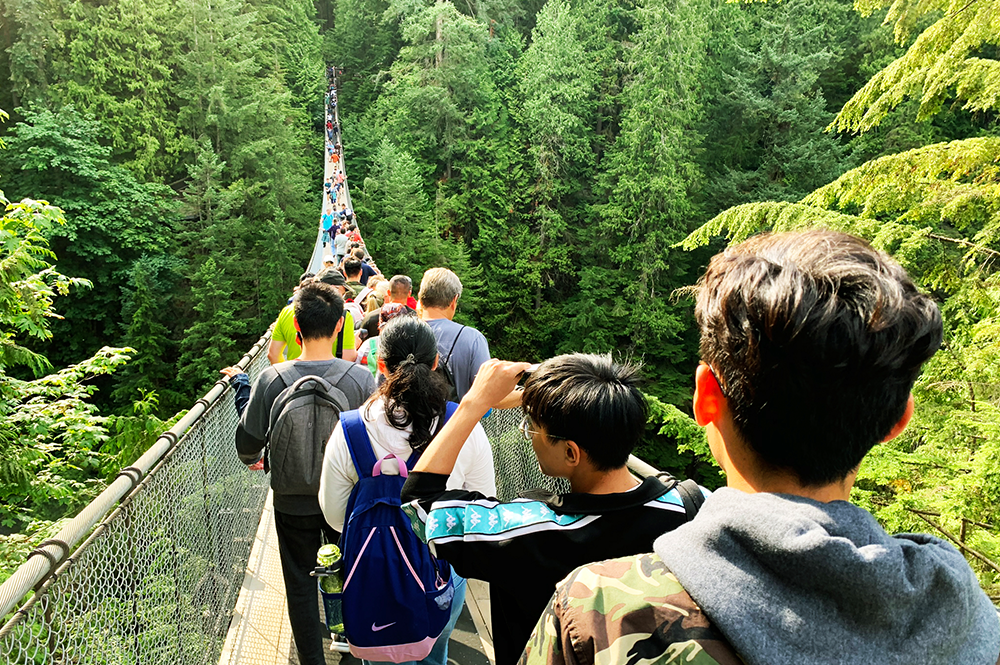
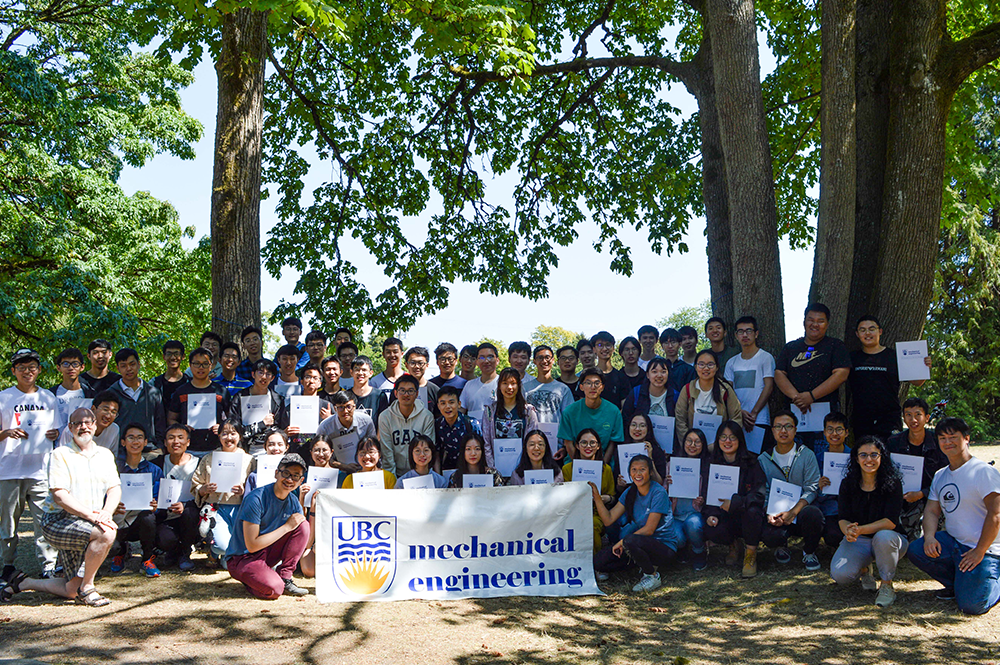
June Session
June 7, 2024 – July 7, 2024
Introduction to Robotics
Introduction to Robotics will provide an overview of common robotic devices and their classifications, and discuss industrial and home robotics applications. Major technical challenges in robotics will be considered, including dynamics related to trajectory and path planning. Through lectures, group activities, and hands-on lab work, students will explore both how robots sense their surroundings and gather information, and how they can interact with their environment. This course is technical in nature and will include a hands-on component. It is oriented towards science and engineering students but no experience in robotics is required. However, an understanding of high-school trigonometry is required in order to follow the material, and familiarity with programming is encouraged.
Roboethics: Ethical Challenges in Automation and AI
This seminar-style course will provide students with an awareness of the current state of thinking of the design of robots that are meant to co-exist with people (service, therapy, military, sentry, etc.). The course will provide insight into how sociology, psychology, law, literature and design can contribute knowledge to arrive at a safe and effective co-existence between humans and machines that have some autonomy from their computational intelligence, i.e., robots. The course will examine the taxonomy of collaborative robots, the underpinnings of bioethics applied to technology, and several controversial robot application areas.
Preferred background in Engineering or related discipline. Undergraduate applicants only. Knowledge of programming is encouraged in order to follow the material.
July Session
July 12 – August 12, 2024
Introduction to Robotics
Introduction to Robotics will provide an overview of common robotic devices and their classifications, and discuss industrial and home robotics applications. Major technical challenges in robotics will be considered, including dynamics related to trajectory and path planning. Through lectures, group activities, and hands-on lab work, students will explore both how robots sense their surroundings and gather information, and how they can interact with their environment. This course is technical in nature and will include a hands-on component. It is oriented towards science and engineering students but no experience in robotics is required. However, an understanding of high-school trigonometry is required in order to follow the material, and familiarity with programming is encouraged.
Roboethics: Ethical Challenges in Automation and AI
This seminar-style course will provide students with an awareness of the current state of thinking of the design of robots that are meant to co-exist with people (service, therapy, military, sentry, etc.). The course will provide insight into how sociology, psychology, law, literature and design can contribute knowledge to arrive at a safe and effective co-existence between humans and machines that have some autonomy from their computational intelligence, i.e., robots. The course will examine the taxonomy of collaborative robots, the underpinnings of bioethics applied to technology, and several controversial robot application areas.
Preferred background in Engineering or related discipline. Undergraduate applicants only. Knowledge of programming is encouraged in order to follow the material.
Introduction to Fluid Mechanics for Vehicle Applications
What makes a 100,000 ton steel cargo ship float, without rolling over? Why are all modern sedans essentially the same shape, and why are Formula 1 race cars shaped completely differently? How do planes fly? The answers to these questions require an understanding of fluid mechanics. This course introduces the fundamentals and basic transportation applications of fluid mechanics, from nautical to aerospace. Topics covered will include fluid properties; hydrostatics (why boats float); and the application of Newton's Second Law of Motion to fluid systems (related to how planes fly and race cars corner so fast). You’ll learn how fluids flow around objects, and how the interaction between the flow and the object creates forces – including lift and drag – on the object. Finally, you’ll learn how to design and interpret scale-model experiments and how those can be applied to real-world transportation vehicles.
Impact and Policy Challenges for Transportation Systems
While transportation connects the world economically, politically and socially, it is also a major contributor to climate change and air pollution around the globe. How do we enhance the access transportation gives us while curbing emissions that harm planetary and human health? Can an understanding of the environmental impact of transportation technologies allow us to design more sustainable systems, infrastructure and policies? This course will address these issues with a focus on transportation emissions and energy sources, as well as engaging some of the system-level energy challenges presented by emerging technologies like electrification or hydrogen, examining how the technology we design today impacts our future.
Preferred background in Engineering or related discipline.
Fees & Registration
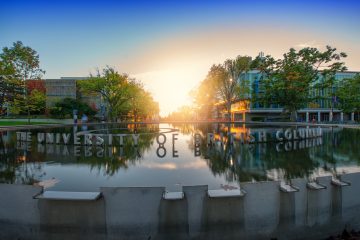
To register for VSP, please contact your university’s International Office, and visit vancouversummerprogram.ubc.ca for further details.
The total cost for the 2024 VSP program is $5,825 CAD:
- Application fee: $125 CAD, payable upon application
- Program fee: $5,700 CAD, which includes:
- Course fees and materials
- Accommodation on UBC campus
- Medical insurance
- Orientation and farewell events
- Social activities (optional trips may require additional fees)
Students are responsible for the cost of food, transportation, and personal expenses.
Application Deadlines
June Program: Mar 1, 2024
July Program: April 5, 2024
Accommodations
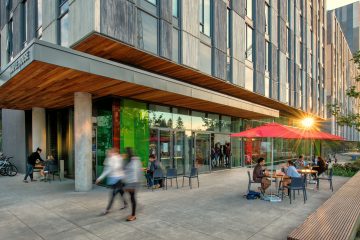
Accommodations are in UBC’s on-campus residences and feature:
- Easy access to classrooms, recreation and campus amenities
- Free Wifi in lobby; wired high speed Internet in guest rooms
- Laundry on site
Read more about VSP accommodations and go on a virtual tour of UBC’s residences and student amenities.
Social Activities
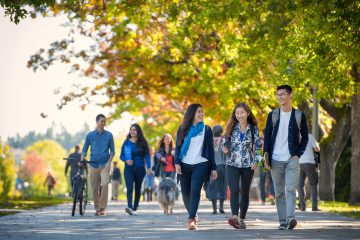
We will be organizing social activities for our VSP students in addition to those offered by the wider program. These will provide a chance to learn about Canadian culture and society, as well as engage with students from Vancouver and around the world.